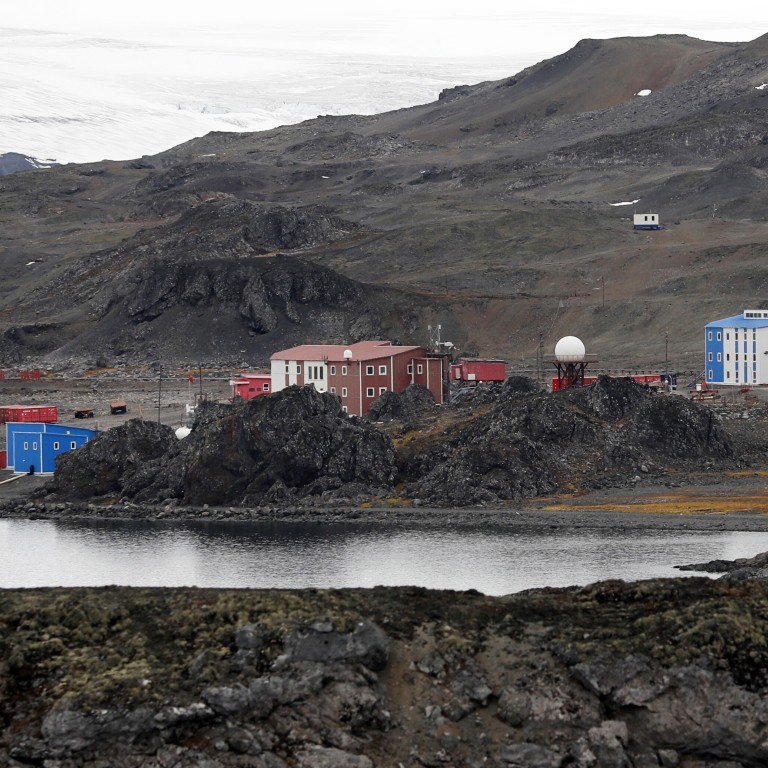
First ‘heatwave’ recorded in Antarctica
- Highest maximum temperature ever of 9.2 degrees Celsius recorded in January
- The morning after clinched the record for the highest minimum of 2.5 degrees Celsius
Antarctica has experienced its first heatwave, scientists have said, expressing fears about the long-term damage such phenomena could have on animals, plants and ecosystems.
Australian Antarctic Programme scientists recorded the first reported heatwave event at Casey research station in East Antarctica during the 2019–2020 summer, while record high temperatures were also reported on the Antarctic Peninsula.
From January 23 to 26, the highest-ever maximum and minimum temperatures were recorded at Casey, this being classified as a heatwave – three consecutive days with both extreme maximum and minimum temperatures.
The minimum temperatures were above zero while maximums were above 7.5 degrees Celsius.
On January 24, the highest maximum temperature ever of 9.2 degrees Celsius was recorded at Casey, which is 6.9 degrees higher than the mean maximum for the station.
The morning after clinched the record for the highest minimum of 2.5 degrees Celsius.
Temperature records were also broken at research bases on the Antarctic Peninsula in February, with the average daily temperatures for the month exceeding the long-term means by between 2 and 2.4 degrees Celsius.
The findings were published on Tuesday in the Global Change Biology journal, including scientists from the University of Wollongong, University of Tasmania, and the Australian Antarctic Division.
The researchers said based on previous experience of anomalous hot summers in Antarctica, “we can expect a multitude of biological impacts to be reported in coming years, illustrating how climate change is impacting even the most remote areas of the planet.”

